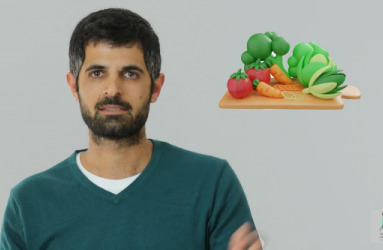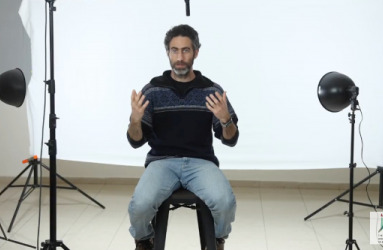hujibites
Medicated Crops
Irrigating with Treated Wastewater
In a world facing increased water shortages, irrigating crops with treated wastewater isn’t just a good idea – it’s a necessity. But what happens when that wastewater contains traces of pharmaceuticals? Dr. Evyatar Ben Mordechay is analyzing how the pharmaceuticals that enter our sewage make their way into the agro-environment, and back into our bodies via crops we consume. Dr. Evyatar Ben Mordechay recently graduated and is now a postdoctoral researcher Department of Soil and Water Sciences.Salty & Dry: Plants Struggle to Survive
Healthy soil is critical for sustaining life on earth. In fact, every single bite of food starts as a plant growing in the ground. Dr. Yair Mau studies how the basic act of watering crops affects soil salinity, while gaining insights into basic processes that affect soil quality. He also studies how plants cope with environmental stressors posed by climate change. Dr. Yair Mau is a Senior Lecturer in the Department of Soil and Water Sciences.
The Problem With Plastic
Why the Bitterness?
Surviving a Hotter, Drier World
The Future of Plants
As the world is changing – how are we protecting nature?
Environmental Science
More to Mosquitoes
Did you know that there is more to Mosquitoes than their stinger? Their sense of smell can actually help us!




